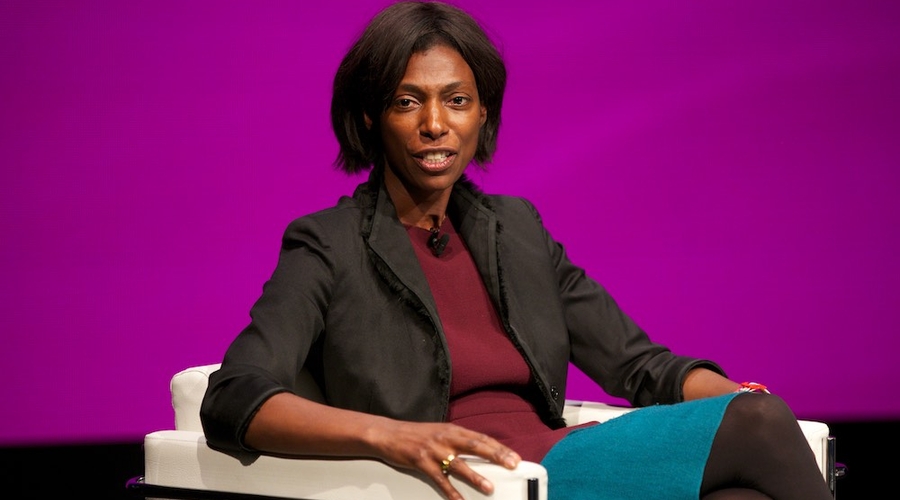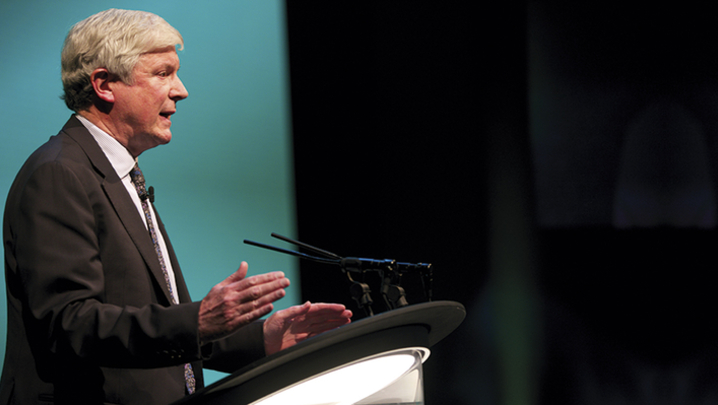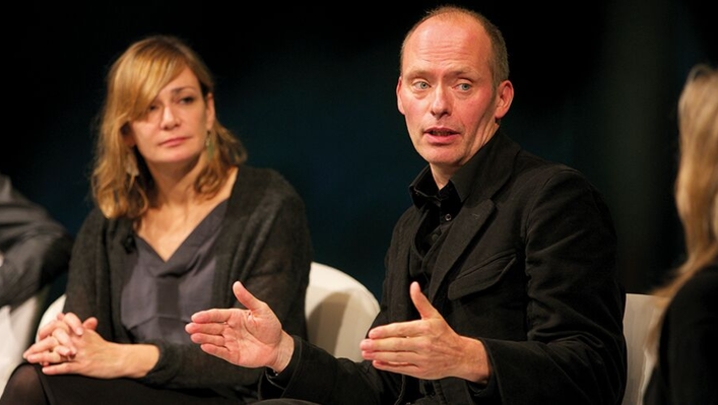Ofcom is about to become the BBC’s first external regulator. Maggie Brown considers the impact this will have on the organisation
Ofcom built its reputation as a high-powered competition and market-oriented communications regulator. It is capable of facing down telecoms titans, mobile-merger tycoons and the ambitious Murdoch family.
But, as it starts the run-up to becoming the BBC’s first external regulator, it faces the need to change its culture and skills base.
The decision to transfer regulation of the BBC to Ofcom was confirmed by culture secretary John Whittingdale on 12 May. His judgement was informed by Sir David Clementi’s review of the governance and regulation of the BBC, which was published in March. This emphatically handed the task to Ofcom: “It is clear that Ofcom, in addition to its role as the economic regulator of the broadcasting industry, is also a public service regulator.”
Whittingdale’s decision, the official death knell for the BBC Trust, has been widely welcomed. Professor Jean Seaton, the BBC historian, says: “Ofcom has turned itself into a very good regulator.” Patrick Barwise, Emeritus Professor of Management and Marketing at the London Business School, notes: “The good news is that it’s a genuinely evidence-based regulator.”
However, the considered view of many observers is that its new role will be a huge challenge for an organisation run by economists, and that prefers metrics and light-touch regulation (wherever possible) to softer, quality-based value judgements. As Barwise observes: “The most important issues around broadcasting are not economic ones, but editorial.”
The BBC trails clouds of politics. There are far greater pressures on it than on other public service broadcasters
A senior industry observer says: “Content regulation is not unknown ground for Ofcom – it does it for everyone else [but the BBC]. But this is a whole new order of magnitude; it is a very, very big job and a change of scale for Ofcom. This is more than just expanding. It will need more of the right people.”
And it will need them fast. Ofcom is light on people with expertise in broadcasting. The regulator recently lost a clutch of experienced content executives, notably Peter Davies, Director of Content Policy.
Previous cutbacks deprived it of a senior partner post covering content regulation and standards, last occupied by Stewart Purvis. Its Content Board is currently chaired by non-broadcaster Bill Emmott, ex-editor of The Economist.
In April, it recruited former Sky News chief Nick Pollard to the Content Board on a three-year term.
“This is a considerable challenge for the Ofcom Board, and for the Content Board that sits beneath it,” adds our industry observer. “It will need to set up a new set of relationships. It is a magnification of what it does, and more than just expanding the present area of operation of the Content Board.”
Regulating the BBC may require the recruitment of up to 50 new staff to augment Ofcom’s current 787-strong ranks, all by 1 January 2017.
One key issue will be how it discharges the duty to ensure BBC impartiality and accuracy. Seaton observes: “The BBC trails clouds of politics. There are far greater pressures on it than on other public service broadcasters. Channel 4 doesn’t face a relentless attack from the right.”
Ofcom’s apparent lack of readiness may be partly explained by a reluctance to take on the job. As the BBC Trust’s reputation dimmed, Ofcom’s top brass – former Chair Dame Colette Bowe, ex-Chief Executive Ed Richards, the current Chair, Dame Patricia Hodgson, and Chief Executive Sharon White – all began singing from the same hymn sheet. They did not seek or want to regulate the BBC, they said, but would do the Government’s bidding.
Ofcom has been careful to show respect to the BBC Trust and its Chair, Rona Fairhead: it welcomed the decision to let her remain as the head of the new BBC unitary board until October 2018. This will give continuity and stability to the transition.
Also, Ofcom does not appear to have prepared a scoping plan for its new duties ahead of the BBC Charter renewal white paper – to the apparent surprise of the BBC Trust. “Ofcom seems very cautious,” muses one source familiar with the BBC body.
This is in contrast to the DCMS, which aims to have finished its draft BBC Charter by the summer recess.
“Ofcom will not be running the BBC"
Ofcom will have the task of issuing the BBC with an operating framework consistent with the revised Charter. This will set out the BBC’s obligations.
The framework will include operating licences for BBC broadcasting and describe in some detail what it should be delivering in television, radio and online. For the first time, there will be operating licences for the devolved nations, Wales, Scotland and Northern Ireland. The new unitary board will be responsible for all BBC activities.
“The really interesting question is how Ofcom proposes to hold the BBC to account for the delivery of its remit and the additional duty of distinctiveness,” says a former Ofcom insider. “The regulator is going to have to make sure that the BBC board exercises that responsibility.
“Ofcom will not be running the BBC. It will have to develop a new way of working with the board, but that board doesn’t yet exist. It will be a massively scaled-up version of what Ofcom does to regulate Channel 4, but this is new territory [and] so much bigger.”
Ofcom, according to a spokesman, is “confident that, with the right resources and planning, we can undertake our new responsibilities effectively and independently”. There is no plan to set up a special BBC unit.
By way of comparison, Channel 4 and Ofcom have a considerable amount of contact. Their executives meet frequently, with formal sessions and regular in-depth reviews.
Ex-BBC Governor and Trust member Richard Tait points out, meanwhile, that “there is already a degree of co-operation between the BBC Trust Unit and Ofcom”. The two bodies have a memorandum of understanding. The regulator is responsible for overseeing a range of targets and quotas in news, current affairs, original productions, programming from the nations and regions, out-of-London and independent production.
It also conducts market-impact assessments. Under the new system, Ofcom would be the final arbiter of public-value tests.
The BBC Trust Unit is an obvious source of expertise for Ofcom. It has some 60 staff positions and spent £2.5m of its £10.2m annual budget on Ofcom fees in 2014-15, according to the last BBC Annual Report and Accounts.
The unit oversees editorial standards, guidelines, monitors compliance, manages the Trust’s impartiality seminars and reviews, and conducts audience research.
Defining distinctiveness is a real worry. There is widespread fear that competitors, which are also regulated by Ofcom, will use it to attack the BBC’s range and popularity.
The BBC white paper says it is “a requirement that the BBC should be substantially different to other providers across each and every service, both in primetime and overall”.
It describes distinctiveness as a mix of quality, original UK programming, together with a level of risk-taking, innovation, challenging audiences, creative ambition and range.
Tait is an optimist: “I am sure the BBC board will not want to be in dispute with Ofcom. Neither will Ofcom want to be seen to be trying to force the BBC board to do things it doesn’t want.”
Alex Towers, Director of the BBC Trust, says: “The details of the new regulatory structure have to be inked in. We want to get on with this urgently, to provide some certainty and allow a smooth transition.”
Ofcom’s track record suggests that it would be very unwise to underestimate the organisation.
If it succeeds in adapting to being the BBC’s external regulator, the watchdog will emerge as a supremely powerful media and communication regulator.




